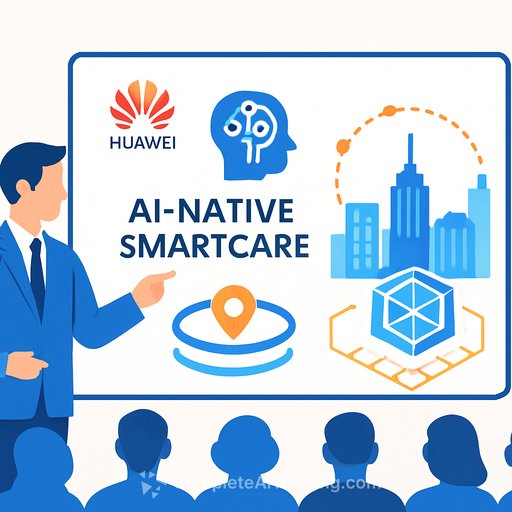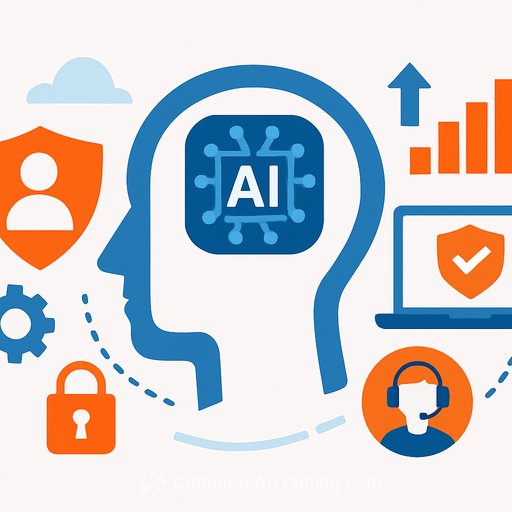The Impact of AI on Management Consulting
Management consulting firms like McKinsey & Co. have long commanded high fees for strategic advice and data-driven insights. Now, artificial intelligence is reshaping the sector by automating core tasks traditionally handled by junior consultants, such as data analysis and slide deck preparation. This shift challenges the existing business models and forces firms to adapt quickly.
Inside McKinsey, executives describe AI's effect as “existential.” The firm has deployed thousands of AI agents to streamline routine work, aiming to stay relevant in a market where software can process data and generate presentations in seconds. Clients increasingly expect faster and more cost-effective solutions, putting pressure on consulting firms to evolve.
The Automation Wave Hits Consulting
McKinsey’s use of AI dates back to 2015, contributing to a reported 30% increase in productivity. Their proprietary AI platform, Lilli, automates data synthesis and strategy development, allowing consultants to focus on client engagement and problem-solving. However, this efficiency comes with concerns about job security.
Research suggests AI could automate up to 30% of consulting work hours by 2030. Online discussions, including those from former consultants, highlight worries that the traditional pyramid structure—relying on junior staff for routine tasks—is breaking down. These debates mix optimism about AI’s potential with concerns over layoffs and changing roles.
Industry-Wide Ripples and Revenue Shifts
Other leading firms such as BCG, Deloitte, and KPMG are also integrating AI tools like chatbots to streamline operations. McKinsey expects around 40% of its business this year to involve AI technologies. This trend is boosting revenues: IBM reported $1 billion in AI-related revenue last year, while Accenture and KPMG have seen significant gains.
Despite these advances, challenges remain. Ethical questions, cultural resistance, and the need for new skill sets are slowing adoption. McKinsey’s Global Survey on AI found that although almost all companies invest in AI, only 1% feel they have mastered its use, highlighting a gap between expectations and practical application.
Strategic Imperatives for Survival
McKinsey is positioning AI as a tool that enhances human consultants rather than replaces them. This approach focuses on combining AI's speed and scale with human judgment and creativity. Innovations like edge AI and multilingual generative tools are transforming sectors from healthcare to manufacturing.
Still, internal pressures are rising. Senior partners expect junior consultants to deliver higher-quality work faster, often requiring pitches to include what used to be final deliverables. Consulting firms must balance automation’s efficiency with the unique value of human insight to avoid obsolescence.
Voices from the Front Lines
Consultants on platforms like Reddit share mixed feelings about AI’s impact. Some highlight the time saved through AI tools in tasks such as benchmarking and risk identification, which now take hours instead of weeks. Others express anxiety about job security and shifting expectations.
Industry reports emphasize that as AI merges with IoT and quantum computing, consulting will continue to change. McKinsey’s proactive use of AI agents and emphasis on skill development may set a standard, but ongoing innovation is critical for firms to stay competitive.
- The Wall Street Journal - Detailed reports on AI in consulting
- Business Insider - Industry trends and AI adoption
For management professionals seeking to strengthen their AI knowledge and skills, exploring targeted courses can provide an advantage. Visit Complete AI Training for curated AI learning paths designed for business and management roles.
Your membership also unlocks:





